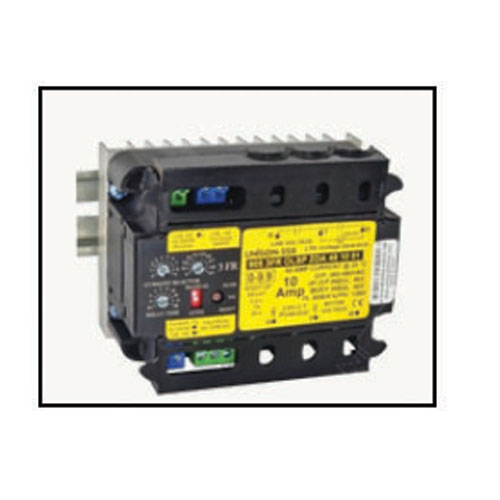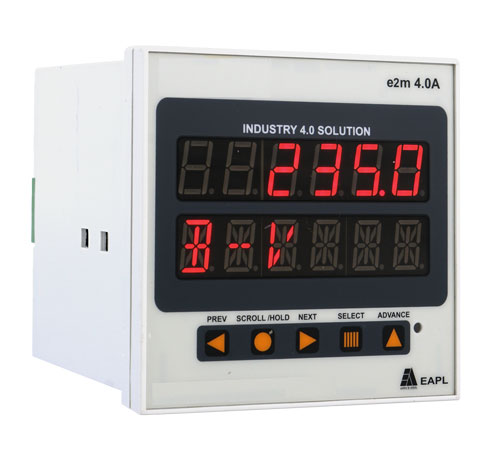Schedule a Call Back
Disposal of eWaste
 Technical Articles
Technical Articles- Jul 03,12
Ever wondered what happens when you dispose off your e-waste [electronic waste]?
Current Scenario

India alone generates about more than a million tonnes of e-waste each year. Over 90% of this is sold to the local kabadiwalla [unorganised sector]. Traditionally, till some years ago, e-waste was landfilled. This used to contaminate the soil as well as the atmosphere. Nowadays, e-waste is sold off to the local kabadiwalla, who offers a good price. The kabadiwalla is a smart chap and has excellent entrepreneurship skills. Although not qualified enough, he does have enough knowledge of disassembling computer components into various individual parts, and salvage the best.
The unwanted parts like the fibre and plastics are burnt, releasing toxic gases into the atmosphere. This is an absolutely crude process of disposing off e-waste. The other parts of interest, especially metals like iron, copper and aluminium are sold off as scrap to local vendors who purchase them by weight. Although they (the unorganised sector) are aware of the hazards and perils to their health by disposing off e-waste in such a crude manner, they have little time to contemplate the risks; however, what they need to come to terms with is that they are polluting the same environment where their children will dwell once they are long gone. To avoid a complete ecological disaster in times to come, what we now need is to educate not only the kabadiwalla, but also the entire community, on how to dispose off e-waste effectively and efficiently.
Ecoreco

Mr B K Soni was a cost accountant in a computer hardware business in his erstwhile career. Whenever he used to get buy back used computers in good condition, he used to sell them off to prospective clients. But what about the computers, which were in poor condition and could not be disposed off? This question used to bother him - and that was the time when it dawned upon him - how to effectively dispose off electronic waste? Mr Soni attended various conferences in the United States and the United Kingdom and actually got to experience how this program is implemented efficiently in the developed nations. Apart from that, he also enquired about the stringent government laws and policies and various other intricacies involved in starting this business.
In 2005, Mr Soni started his own company, Ecoreco, in Vasai East, just outside the northern suburbs of Mumbai. Through his business contacts, he imported e-waste crushing machines from the United Kingdom.
In 2007, he gained approvals from the Pollution Control Boards of Maharashtra as well as the Union Government. Ecoreco is the first e-waste company to get this approval in India. The company has served over 400 clients all across India. They have tied up with various logistics companies for transportation of e-waste from all over India to the Vasai factory. The e-waste is stored within the confines of the facility of the company.
The Process
- It is a 3-way process:
a) Dismantling

Computer peripherals like the CPUs, keyboards, printers, scanners; and products like ATM machines, MRI scanners, televisions, etc., are disassembled. The outer body, which consists of fibre/plastic and iron/aluminium, is laid on the huge conveyor belt of a huge crushing machine.
b) Shredding
These parts are then crushed into smaller pieces and they come out on a different conveyor belt.
c) Segregation

There is a metal sensor, which detects the iron pieces and particles. By a huge force, the iron pieces are sucked out by vacuum and thrown into a separate bin. The other remaining parts like fibre/plastic and aluminium are released by the conveyor into a different storage bin. The metals are then recycled by the smelting process. The fibre/plastic is further broken down and recycled.
The inner delicate parts like the PCBs and other circuit boards are inserted into a heater and the temperature is raised so that the delicate items like the transistors, conduits, switches, etc., simply melt and wither away. What now remains are the expensive metals like gold, silver and palladium. These are further inserted into another heating machine to extract these precious elements.
Challenges
- Ecoreco boasts of a capacity to recycle 7200 metric tonnes of e-waste annually.
However, the company does not get even 10% of this number. The reasons being:
- Most people sell off their e-waste to the local kabadiwalla as they offer a better deal as compared to what e-waste companies offer, and
- Major corporates too follow suit. Only a small percentage of their annual e-waste is given to e-waste processing companies to obtain the mandatory certification from the Pollution Control Board. The rest of the e-waste is sold off locally to gain profits,
- which are not significant in the first place.


2) The e-waste companies do not get the required support from the government in terms of grants or loans for acquisition of land to set up a unit. The other challenges are that they do not get exemption from local taxes and octroi. The companies also have a tough time in getting subsidies required to set-up a unit and even to expand an existing unit.
3) Manpower and transportation is also a major challenge and very expensive, keeping in mind the ever increasing costs day by day.
4) Banning the kabadiwalla is not an option. In fact, it will make the situation only worse. The rules to dispose off e-waste are very strict in the developed nations. This doesn't seem to be the case in India. A more stringent approach needs to be taken by the Government of India, and stricter laws should be enforced not only on corporate industries, but also the local kabadiwalla as well.
Education
- Ecoreco has an exclusive tie up with The Times of India to spread awareness of the hazards and perils of disposing off e-waste crudely. Together they are undertaking effective measures to educate the community how to effectively dispose off e-waste.
- Every year, Ecoreco organises a Road Show across India at strategic locations raising and educating masses about the awareness.
- Green Enterprise Community is an annual event, wherein Ecoreco organises and felicitates corporates and small and medium manufacturing units to manage to dispose off e-waste effectively.
- Ecoreco is also planning to advertise through the Print Media, Radio and Television to raise the awareness of disposing of e-waste. All they need is the support from the Government as well as the corporate industries.
- As this sector has a direct competition from the local kabadiwalla, the need of the hour is to work out a strategy to bring them under one roof as well as compensate them properly. This will eliminate the misplaced competition and have a more diversified approach towards maintaining a good ecological and an environmental balance.
Conclusion
In conclusion, one can just hum this Michael Jackson number: Heal The World - Make It A Better Place - For You And For Me - And The Entire Human Race - There Are People Dying - If You Care Enough - For The Living - Make A Better Place - For You And For Me.
Related Products

Three Pole, Numerical, Non-directional 3 O/c or 2 O/c+1 E/f Relay With Inst. Highset
JVS Electronics Pvt Ltd offers a wide range of three pole, numerical, non-directional 3 O/C Or 2 O/C+1 E/F relay with inst. Highset JNC 066/JNC 066P.

Ph Fwd/ Rev Motor Protection Ssrs
Insys Electrical & Controls offers a wide range of PH FWD/ REV motor protection SSRs.

Multifunction Meter With Event Counter
Electronic Automation Pvt Ltd offers a wide range of multifunction meter with event counter - model-E2M 4.0A















